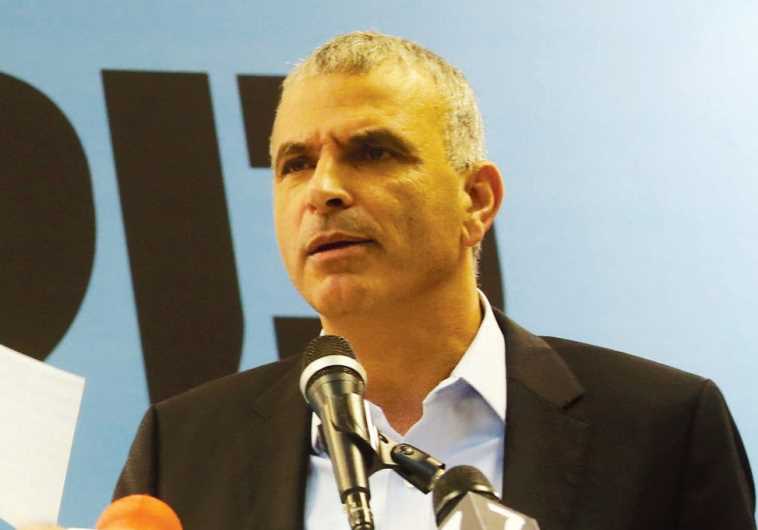Kahlon to blame for rise in poverty says former welfare minister
Cohen spoke in response to Kahlon’s statement the previous day blaming Yesh Atid for the dismal statistics presented in the poverty report.
 (photo credit: MARC ISRAEL SELLEM/THE JERUSALEM POST)Updated:
(photo credit: MARC ISRAEL SELLEM/THE JERUSALEM POST)Updated: